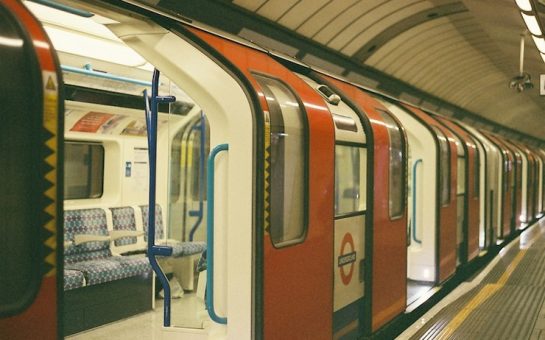A planning application for a digital advertising billboard on Brixton Road is causing controversy.
The space, which is currently taken up by a traditional billboard, may soon feature the digital alternative after an application was lodged by advertising company Daylite.
And anti-advertising campaign Adfree Cities have responded by setting up a Lambeth contingent called Adblock Lambeth to fight the application, which has not yet gained council approval.
Robbie Gillett of Adfree Cities said: “We are supporting residents and communities to oppose planning applications for new digital advertising screens.
“A large digital advertising screen glaring down the Brixton Road is probably not what residents and commuters want from our urban spaces.
“They’re designed to take up as much visual space and dominate your attention whilst you’re in their vicinity.”

The group, set up earlier this month, is encouraging people in the community to make objections online, with 41 members of the public already doing so.
Adblock Lambeth argues that the new billboards, which display a new image approximately every five seconds, are hazardous to road users, create light pollution, and harm the character of areas in which they are displayed.
As yet it is unclear what products it will be promoting but Adblock objects to ads on ethical grounds.
Gillett added that removing adverts creates “Happier, healthier cities.”
He wants to follow the example of Sao Paulo and Grenoble in France by banning certain types of public promotions altogether.
Gillett said: “Advertising touches on lots of issues – body image and gender, junk food, air pollution, climate, the power of big business over independent businesses, local economies.
“It’s implicitly telling you you can be happy if you buy this product and actually you’re not good enough unless you have this product.
“You’d be happy and fulfilled if you did.”
He argues that it is part of the dangers of consumer capitalism, suggesting that large corporations are profiting from misleading the average person in this way.
Adfree Cities said: “We are seeking alternatives beyond consumerism.
“We celebrate community connection, solidarity, public art and nature.”
The advertiser’s response is that their industry is part of our economy and that grievances should be taken up with the Advertising Standards Authority.
Adfree Cities has just published a report which claims the ASA is failing to protect people from the harms of advertising.
They say there is an ecological component to the new technology as well, as one large digital advertising screen takes up the same electricity as 11 average UK homes.
They also cite road safety, as studies done in Sweden and Israel suggest that the amount of road traffic incidents went down once billboards were removed.
One of the biggest obstacles Adfree faces is people simply not knowing there are plans for a billboard in their area in the first place, as they say very few residents have the time or awareness to check local council plans.
A Lambeth Council spokesperson said: “All comments in relation to this planning application will be taken into account in the decision-making process.”




